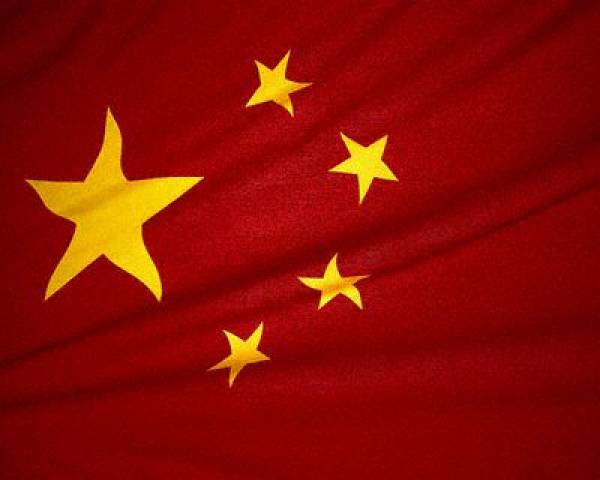China Plans Online Gambling Crackdown

China plans to crack down on the online gaming and gambling industry, including the banks, financial institutions and websites that support it, the Ministry of Public Security advised in a statement posted on its (official) website.
The campaign will "concentrate on investigating major and important cases of online gambling, knock out domestic and foreign groups that organize online gambling, and severely punish the criminal elements".
The so called "crackdown", to be conducted in the February - August period, was agreed to by eight (lucky in many parts of Asia) government bodies including the Supreme Court, Propaganda bureau, the Central Bank and the Ministry of Industry and Information Technology.
Gambling in its traditional form was banned in mainland China after the Communist takeover in 1949, the exceptions being two state lotteries... one run by the sports ministry to fund the building of facilities. Experts point out that this could be seen as a monopoly, and even boarding on racism of sorts in the business sector, as gaming and gambling is a world wide industry, these days the internet being the preferred global medium.
Underground casinos, overseas conglomerates and illegal syndicates have sprung up to fill the gap.
The statement said it will severely punish those who run underground banks and third-party payment platforms that provide banking services needed for gambling. As in pornography crackdowns, website operators will also be targeted.
The move is the latest in a series of curbs on the country's relatively free-wheeling online world, one of the few arenas for people from across China to interact in large groups, share information and criticize the government.
A long-running anti-pornography drive has netted many sites with politically sensitive or even simply user-generated content, in what many see as an effort by the Chinese government to reassert control over new media.
Widespread protests in Iran after a contested presidential election alerted Beijing to the potential for protesters and dissidents to use social media to spread their message.
China has banned Google's YouTube since March 2009, when a Tibetan exile film documenting the injuries and death of a Tibetan protester was published on the video sharing site. The government began blocking Twitter, Flickr and Facebook last summer.
Media and gaming analysts advise that this latest news is a "non coincidence" and "strategic" relating to U.S giant Google accusing China of cyber terrorism and of course internet censorship. In addition the internet, gaming and political world ponders what effect these developments may have down under in Australia, as Senator Stephen Conroy still plans to introduce the internet filters (along with "internet blacklist") after the next Australian election. The news also comes as documentary "Casino Jack and the United States of Money" attracts substantial mainstream press. The documentary focuses on the relationship between politics, lobbying, money and strong Native American casino themes.
Macau remains the regions hotspot for legal gambling, where recently Australian casino king James Packer has seen his Melco-Crown Entertainment City Of Dreams, Macau, achieve recent profits and visitors, a development that insiders are calling the gambling "comeback of the decade". Asian gambling tsar Stanley Ho will be looking for some of Packer's recent good fortune as Ho is said to be struggling to regain his full health since suffering a stroke and undergoing brain surgery last August. Media and gaming commentators remain divided as to the current health Status of Ho. Macau's casino district has borrowed one page out of Vegas's book... they now has a Cotai Strip (but it is unclear if they are legal or illegal strip clubs in downtown Cotai). What is known however is that when things become "illegal" they go underground and usually become more popular and profitable.
Numerous high profile American, European and Australian media and internet companies have been seen to be pro actively targeting Asia in recent years and insiders suspect that this has raised the ire of the Chinese government. Macau remains the regions casino and gambling hotspot (where gambling is legal).
In a strategic move Australian founded Media Man today launched http://www.MediaMan.Asia to coincide with the Chinese crackdown on media, entertainment, internet and gaming. Media Man did not pursue .hk, .tw, .mo or .ch domain names as they preferred the more global nature of a .asia. Technically Australia is part of the Asia Pacific according to sources such as Wikipedia, Websters and The World Atlas. Internet portals and publishers, World Casino Directory and Global Gaming Directory, competitors of sorts, are monitoring the developments closely.
*The writer is the founder and director of Media Man, primarily a media, publicity and internet portal development company. http://www.mediamanint.com
*The writer owns shares in Crown Limited
*The writer is a special contributor for Gambling911













